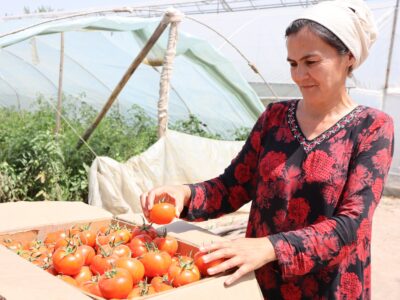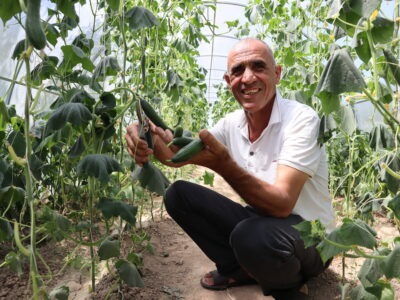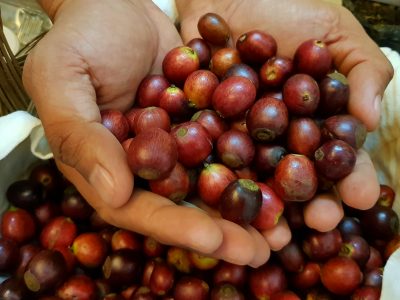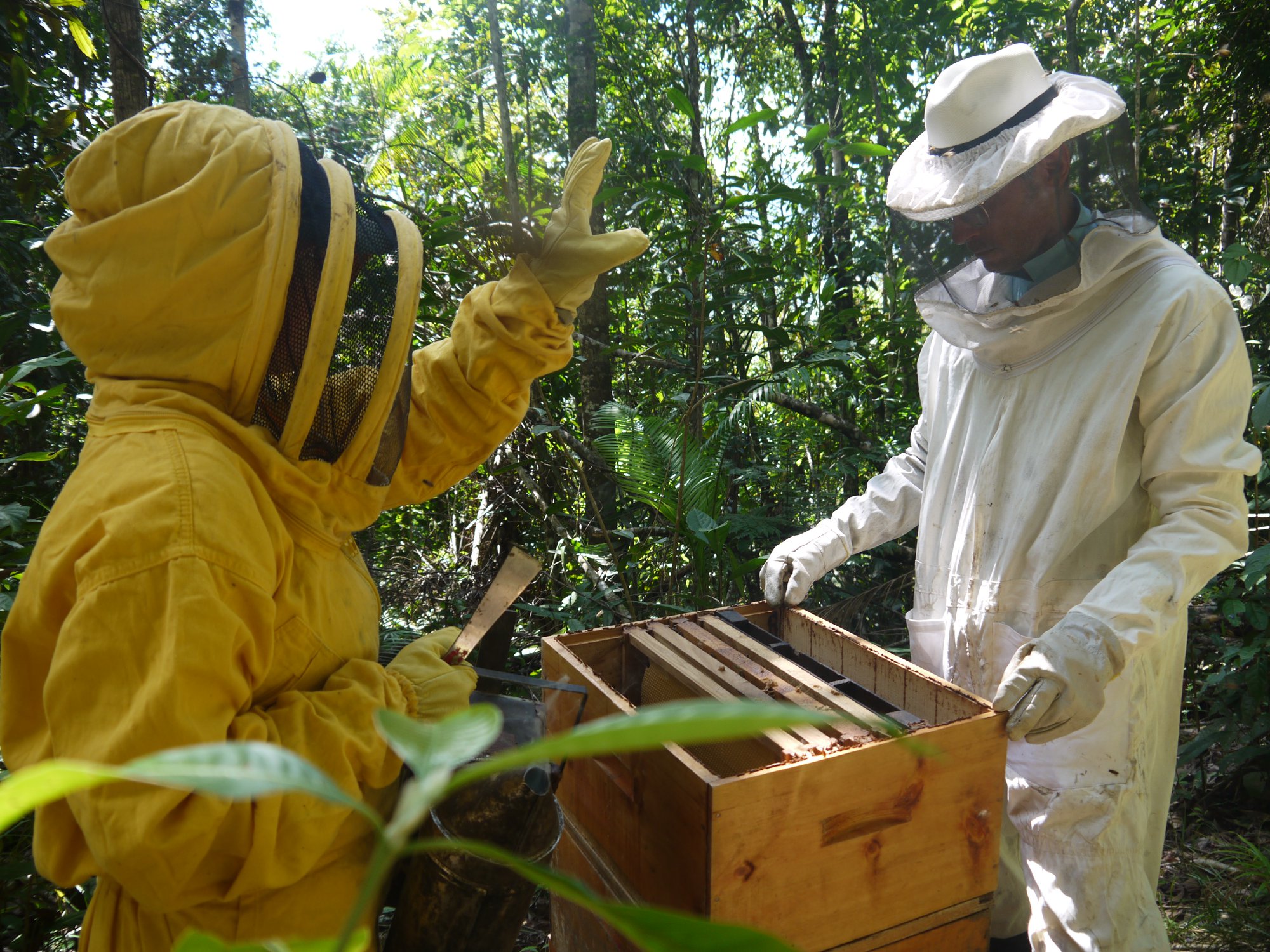
Bees have become unusual teachers in the municipality of San Carlos (Antioquia), where violent conflict left weak social structures in its wake and community members distrustful of their neighbors or state institutions.
High rates of displacements, forced disappearances, and homicides during the 1980s, 1990s, and early 2000s, left the Antioquia town stigmatized, and scarce economic opportunities led to further problems negatively impacting security and coexistence in the municipality.
But at one rural livelihoods project, bees contribute to the reconciliation process through their example of solidarity and teamwork to build and maintain the hives, while also providing income-generating opportunities through the production of honey and related products.
Beekeeping Initiative Mends Broken Social Fabric while Generating Income
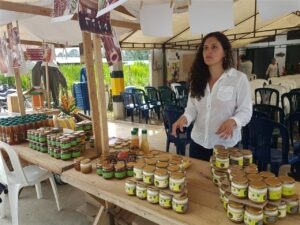
Africolmenas was one of 17 projects selected for business strengthening through an alliance between USAID’s Program of Alliances for Reconciliation (PAR), implemented by ACDI/VOCA, and the Corporación Reconciliación Colombia (CRC; Reconciliation Corporation Colombia). The Innovaciones para la Paz y la Reconciliación II (Innovations for Peace and Reconciliation II) initiative led by PAR, CRC, the Swedish Embassy, and Ecopetrol strengthened the business development and production capacities of associations in eight PAR municipalities working in the clothing, dairy, plantain, and other sectors.
In addition to boosting honey production and processes, PAR and CRC’s support to Africolmenas included a strong reconciliation component, helping to improve communication, resilience, and trust among the 26 producers who belong to the association. Through DecidoSer workshops, the honey producers built solidarity, improved dialogue, and increased empathy, which has helped them to move forward.
“The bees teach us to work together, because we see how they all work together to maintain their hives, unlike humans, who tend to think more about themselves.”
– LEONARDO SANTILLANA
The association’s president, Leonardo Santillana says “I used to be someone who did not communicate much with others. But I joined this association, and they taught me the importance of teamwork, that you have to work together and communicate and share.” He adds that “The workshops helped us to change our perspectives. We started to think about what we are doing for reconciliation and how we interact with other people. We started to see the world in a different way.” Teamwork has become a cornerstone for the beekeepers at Africolmenas, who now work together through the whole process of collecting and producing honey.
New Equipment Improves Sales, Increases Profits, While Success Attracts Tourists
In terms of improving economic stability and sustainability, Africolmenas received equipment for packaging and homogenizing the honey to ensure quality and enhance their sales potential. The new processing equipment and more beehives have translated into a 20 percent increase in honey production for association members, who are now selling value-added products with their own branding.
“The workshops taught us that we have to turn the page and forget the past to lead peaceful and happy lives. We have to reach out to people, without thinking about who they were or what they’ve done in the past. There are a lot of people scarred by acts of violence, so those workshops had the greatest impact, learning to forgive, to forget, and to love.”
– Leonardo Santillana
Additionally, the association is driving new narratives about the area, attracting tourists to the farm to take part in beekeeping and honey-collecting activities. The PAR intervention has also had an important impact on promoting forgiveness and helping members of the association reconcile the past as they rebuild the broken social fabric of their community.

